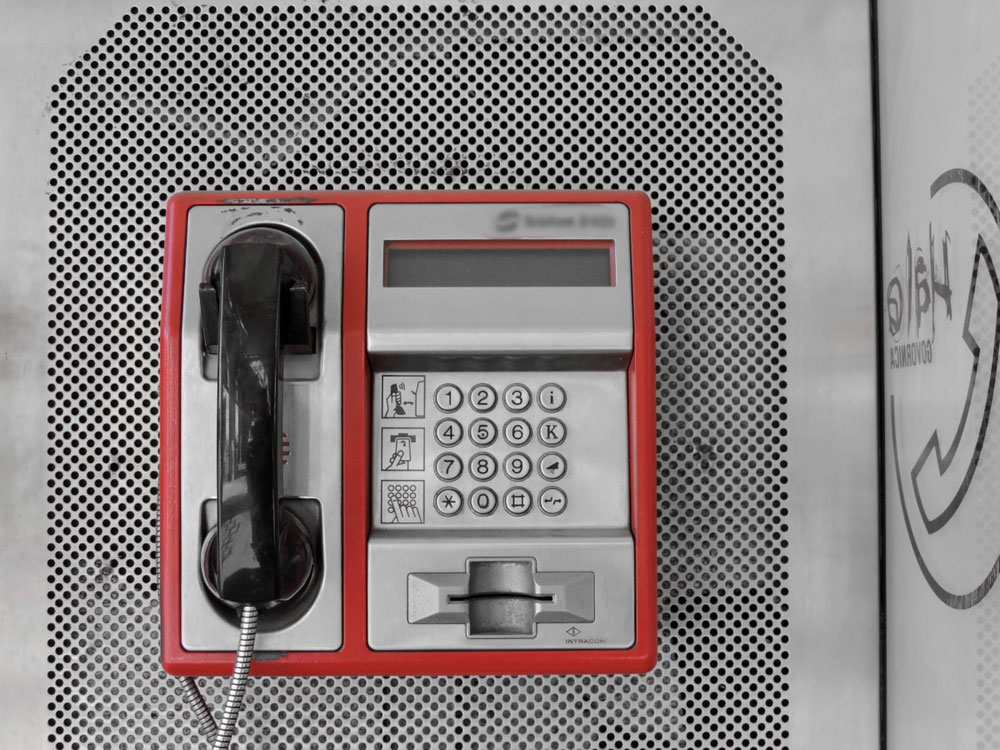
May 12, 2020; New York Times
We love reading the New York Times’ Robin Pogrebin on New York City arts institutions, but yesterday we especially enjoyed her column because…well, the story she was reporting on was pretty strange.
It appears the pandemic has created a sudden realization among the city’s arts organizations that they need one another for advice, counsel, and support even while they take one coronavirus-related hit after another. That has led to a daily Zoom call with around 200 leaders in attendance, coming from groups large and small and spanning organizational types.
We have been hearing a lot about these kinds of calls both within and among organizations. Quick, pithy, and unusual for their composition, they’re how we’re getting our work organized these days and serve as a vibrant source of information and strategic thinking.
Pogrebin finds it “notable how much they are actually acting these days like the ‘arts community’ to which they often aspire.” We call it something of a small miracle, which we think we may be seeing a lot more of as advocacy and mutual aid look increasingly central to not just our survival, but our evolution in a new landscape.
What do they talk about on these calls? Everything from how to access federal and local funding, to programmatic adaptations, to the times. Pogrebin discusses one recent call that addressed the question of charging admission for online programming, which grew to include other revenue models and the software that supports them.
“I was concerned before the pandemic,” said Peter Gelb, the general manager of the Met.
Sign up for our free newsletters
Subscribe to NPQ's newsletters to have our top stories delivered directly to your inbox.
By signing up, you agree to our privacy policy and terms of use, and to receive messages from NPQ and our partners.
That opera company, with an annual operating budget of $308 million, is projecting a loss of $60 million, outpacing the damage anticipated by Flushing Town Hall, which has an operating budget of $2.3 million dollars and is projecting a loss of $250,000.
“The calls have really been a lifeline,” said Ellen Kodadek, the executive and artistic director of Flushing Town Hall, a multidisciplinary arts center in Queens. “It’s been this remarkable, consistent day-to-day way to touch base with one another.”
Jimmy Van Bramer, the chairman of the City Council committee that oversees cultural affairs, says he has sat in on a few of the calls, which he thinks come at a time when the whole sector is in an existential moment. “Even the larger ones are really struggling under the weight of what they’re faced with, so it’s very smart for them to gather and remind themselves that they’re not alone and they’re not powerless.”
Alec Duffy, the founder of Jack, a 50-seat performance space in Clinton Hill, Brooklyn, says, “To be connected and having conversations and sharing ideas with leaders of multimillion-dollar arts organizations—it’s unprecedented.”
“Before I started getting on the calls, I felt very disconnected,” Duffy says. “It was a relief to hear there were so many people in the theater community experiencing similar questions and crises.”
In a conversation with a colleague the other day, I suggested that we are seeing collaborations of a very different kind of late—looser, more fluid, and aimed at the immediate—and this is one remarkable example. NPQ would love to hear about other experiences with such calls. Who do they include, and what do you talk about and get done together? Please write to me here, so we can better understand what makes them work.—Ruth McCambridge













